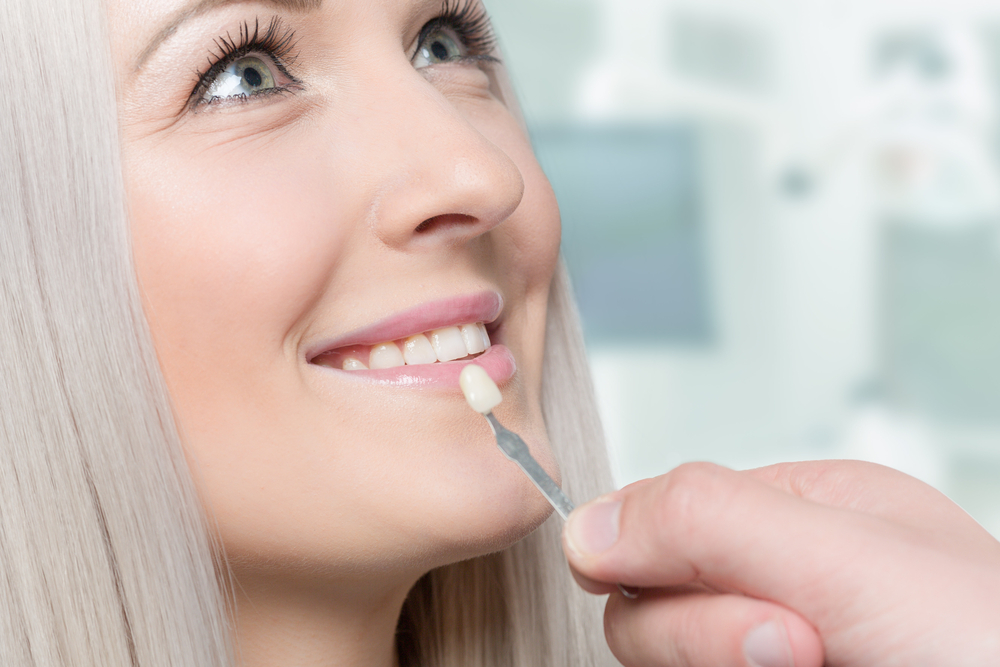A hard crisp apple…a chewy caramel…a refreshing soda…
If the names of the previous food caused you to wince in pain from the ache of your teeth, you may have a tooth cavity. Are you currently experiencing:
-
tooth sensitivity
-
mild to sharp pain when eating or drinking something sweet, hot, or cold
-
visible hole or pits in your teeth
-
pain when you bite down
-
pus around the tooth, especially when you press your gums
If you have been feeling any of the preceding symptoms, then you may need to visit a dentist to confirm and resolve the problem.
What are Cavities?
Cavities, also known as dental caries, are caused by acids in plaque that erode and decay the tooth enamel. On occasion, cavities may manifest as gray spots in the teeth, while at other times, they may not even be visible to the bare eye. Sometimes, the only way to spot a cavity is to visit a dentist who can use an x-ray to find the source of the problem.
Risk Factors
There are a multitude of factors that contribute to a tooth’s susceptibility to cavities, but the following elements are the most common:
-
Tooth location- Decay usually occurs in your molars and premolars (the back of your mouth) because these teeth have a lot of grooves, pits, and crannies that are great for grinding food. However, they can also collect a lot of food particles in the process, making them a prime spot for cavities.
-
Certain foods and drinks- Specific foods and drinks that cling to your teeth for a long duration, such as dairy products (milk and ice cream), honey, table sugar, soda, dried fruits (raisins), cake, cookies, hard candy, chips, and dry cereal are more inclined to cause caries.
-
Frequent snacking or sipping- When you frequently sip or snack on foods, you provide your mouth with more fuel to produce acids that attack your teeth and deteriorate them.
-
Inadequate cleaning- If you fail to brush your teeth soon after eating or drinking, plaque forms quickly and the first stages of decay can begin.
-
Lack of fluoride- Fluoride is a naturally occuring mineral that aids in the prevention of cavities by helping teeth repair themselves.This is why it is a common ingredient in toothpaste and mouth rinses.
-
Eating disorders- Anorexia and Bulimia can lead to significant tooth erosion and cavities. Stomach acid from constant purging washes over the teeth, beginning to dissolve the enamel.
-
Heartburn-Gastroesophageal reflux disease (GERD)- Acid reflux and heartburn can cause stomach acid to flow into your mouth, wearing away the enamel of your teeth.
-
Dry mouth- Because saliva helps wash away food particles, which can cause tooth decay, having a dry mouth (or lack of saliva) means a higher risk of receiving cavities.
Greenspoint Dental
If you have a cavity, Dr. Bosse will remove the tooth decay and replace it with a filling material that is equivalent in color to the natural appearance of your tooth. This detail ensures that the filing blends with the rest of your teeth. However, sometimes the toothache is not as simple as a cavity. Depending on the extent of the tooth destruction, patients may need to get a crown or root canal. A patient will need to have a crown replacement if the tooth decay has dramatically weakened the top structure of the tooth, or a root canal if the tooth infection has caused the tooth’s nerve to die. At that point, the nerve and surrounding tissue must be removed (root canal).
If you would like to schedule an appointment with the excellent dentists at Greenspoint Dentistry, please call us or schedule an appointment today!



